The escalating climate crisis demands a deep and rapid climate action, a global shift from fossil fuels to renewable energy. The Intergovernmental Panel on Climate Change (IPCC) consistently emphasizes that immediate action is required to limit global temperature rise to below 1.5°C, thereby reducing the risk of severe environmental, economic, and social impacts. However, this transition must go beyond emission reduction or environmental sustainability to address justice and equity. As one of the world’s largest coal exporters and consumers with immense renewable energy potential, Indonesia faces a challenge on decarbonizing its coal-dependent energy sector while ensuring social inclusivity and equity. Decolonizing energy transitions in Indonesia is required to integrate local knowledge, reframe success metrics, and expand civic space.
Postcolonial perspectives on just energy transition examine the relationship between colonialism, power systems, and the shift to a more sustainable and equitable energy system. These perspectives criticize colonialism’s historical and present effects on energy production, distribution, and consumption, highlighting the importance of a decolonial approach to the energy transition. Lohmann (2024) argues that modern energy systems, particularly thermodynamic energy, are not neutral or universal but products of a colonial history that normalized the extractivist approach and displacement. He traces the origins of thermodynamic energy to the industrial capitalist economies of 19th-century Europe, which converted natural resources into fuel for machines, transforming landscapes and communities into sites of extraction and waste. This analysis aligns with Ghosh (2021), which traces similar patterns of ecological violence to the colonial drive for resource extraction. Ghosh highlights how colonialism treated nature as an inert object to be exploited—a logic that continues in today’s energy transition projects.
Indonesia’s energy sector has been shaped by its colonial history, where resource extraction primarily served foreign interests, often at the expense of local communities and their well-being. During the colonial era, natural resources were exploited to benefit colonial powers, with little consideration for the long-term impacts on local populations or the environment. After independence, this legacy continued with the continued dominance of multinational corporations and state-owned enterprises in the energy sector. These entities maintained significant control over key resources, which limited the ability of local communities to influence energy policy or benefit from their own natural resources. A decolonial approach to the energy system reflects a shift from this extractive model, emphasizing local autonomy, environmental justice, and a more equitable distribution of energy resources.
The extraction of coal and critical minerals, such as nickel and cobalt—key components for renewable energy technologies—has caused deforestation, water pollution, and violations of Indigenous rights in Indonesia. Despite these environmental and social costs, the country remains heavily reliant on coal extraction, often justified as a means of harnessing the “God-given” abundance of natural resources. While President Prabowo Subianto announced a surprise commitment at the G20 Forum in Brazil to phase out coal by 2040, this pledge contrasts with statements from the Ministry of Energy and Mineral Resources, which have signaled support for the continuation of coal mining activities. Coal mining has already resulted in extensive deforestation, displacement, and health crises in regions such as Kalimantan and Sumatra.
Indonesia has established several policy frameworks to support its transition to sustainable energy. The National Energy Policy (NEP), introduced in 2014, sets goals to increase the share of renewable energy to 23% by 2025 and reduce carbon intensity. In 2023, the Just Energy Transition Partnership (JETP) was launched with support from the International Partnership Group to further assist Indonesia’s shift to renewable energy. The JETP’s Comprehensive Investment and Policy Plan (CIPP) outlines key reforms, financial strategies, and principles for ensuring a fair and inclusive energy transition (JETP Secretariat, 2023).
While the document outlines broad strategies for transitioning to renewable energy, it offers limited guidance on supporting community-based initiatives. The JETP CIPP primarily focuses on large-scale renewable energy projects, while neglecting smaller, community-driven initiatives. These local projects, often developed by the communities themselves, are essential in providing affordable and accessible energy to remote or marginalized areas. By excluding small-scale efforts, the JETP CIPP misses opportunities to empower local communities, foster energy independence, and address the specific needs of vulnerable populations.
The JETP CIPP also does not adequately include local knowledge and perspectives in shaping energy policies. This gap can lead to strategies that overlook the needs and experiences of communities directly affected by energy projects and policies. However, while the document highlights broad strategies for transitioning to renewable energy, it provides limited guidance on how to achieve such inclusive engagement. Public participation, to be meaningful, must involve communities from the very beginning of the document drafting process, ensuring their voices, concerns, and insights are integrated into the policy framework. Without meaningful public participation, particularly from vulnerable groups, top-down approaches risk neglecting local needs and priorities, potentially making the energy transition less effective and equitable.
Decolonizing Indonesia’s Energy Transition
Decolonizing Indonesia’s energy transition requires confronting the historical injustices rooted in resource exploitation and embedding ethical considerations at every stage of the process. One crucial step is reforming policy frameworks to redirect fossil fuel subsidies toward community-owned renewable energy projects. By decentralizing energy governance, local communities can take a leading role in decision-making, ensuring solutions are tailored to their specific needs and contexts. This shift promotes equitable resource distribution and strengthens local agency over energy systems.
Empowering marginalized groups is another critical aspect of decolonization. Providing education, training, and financial support enables underrepresented communities to participate in and benefit from renewable energy initiatives. Establishing local energy cooperatives fosters community ownership and resilience, creating opportunities for sustainable and inclusive economic growth. These cooperatives can help bridge existing disparities in energy access and ensure that the benefits of the energy transition are widely shared.
International collaboration plays a significant role in supporting Indonesia’s energy transition. Ethical technology transfer and capacity building from developed nations must respect Indonesia’s sovereignty and cultural context. Partnerships should prioritize fostering independence and long-term sustainability rather than creating new dependencies. By focusing on equitable resource sharing and mutual benefit, international support can help accelerate Indonesia’s transition while ensuring fairness.
Integrating Indigenous knowledge into energy policy is also vital for a decolonized transition. Traditional practices, offer sustainable and culturally sensitive solutions to energy challenges. Collaborations with Indigenous leaders and policymakers can formalize these approaches, ensuring renewable energy projects align with environmental stewardship and cultural values. Recognizing Indigenous land rights and incorporating their ecological knowledge into project design can address systemic inequities while promoting environmental sustainability.



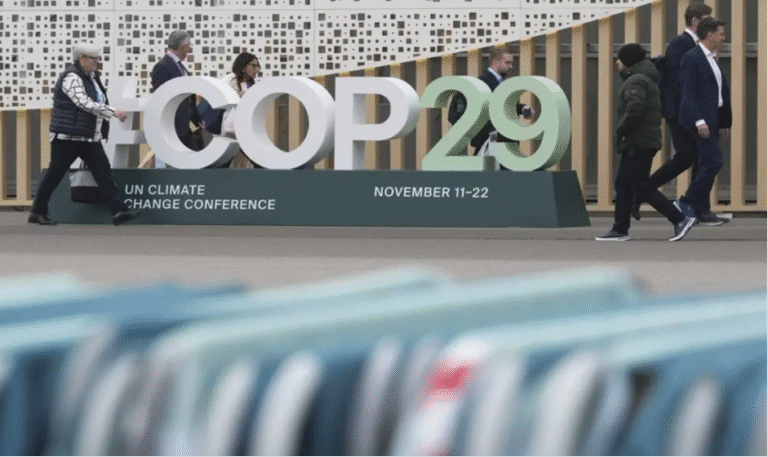
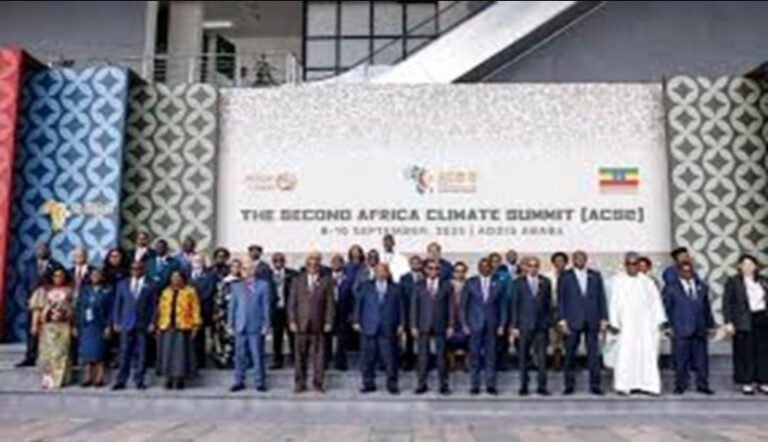

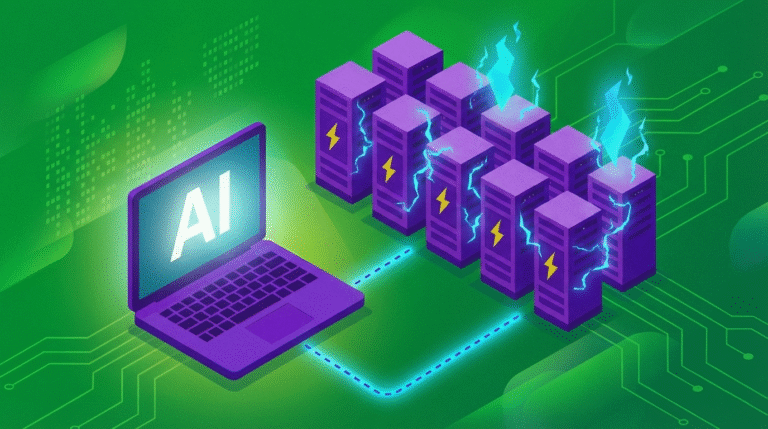

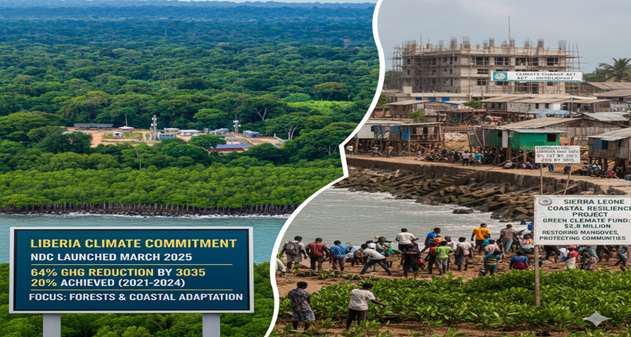
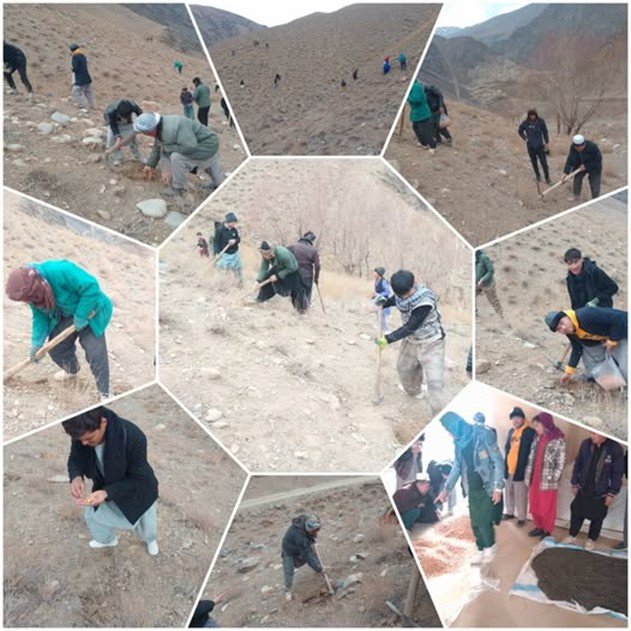
Tylekeo188bet for the best odds! That’s what everyone is saying, so I’m here to see for myself. Let’s go to tylekeo188bet!
Been browsing around 555pubcom lately, and honestly, it’s a mixed bag. But hey, variety is the spice of life, right? See for yourself: 555pubcom.
Heard about F8betceo. The name’s a bit much, TBH, but the platform is functional. Got some sportsbook options, and some casino games too. Pretty standard stuff, but hey, it works. Try it out if you are curious: f8betceo
I do believe all of the ideas you have offered in your post. They are really convincing and can definitely work. Still, the posts are too quick for newbies. May you please lengthen them a little from next time? Thanks for the post.
I really wanted to type a brief word in order to say thanks to you for these splendid strategies you are writing at this site. My time-consuming internet search has finally been compensated with extremely good facts and techniques to share with my co-workers. I ‘d mention that most of us website visitors actually are really fortunate to live in a magnificent place with very many marvellous people with good secrets. I feel very grateful to have used your entire weblog and look forward to many more fabulous times reading here. Thank you once again for all the details.